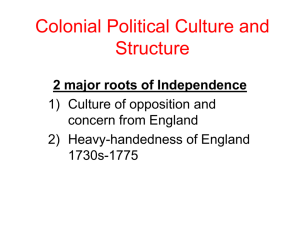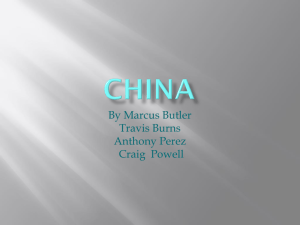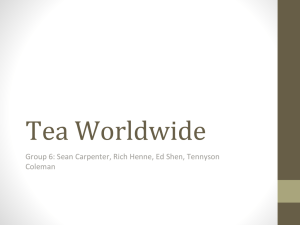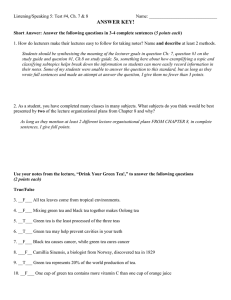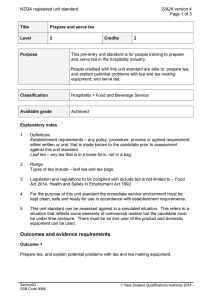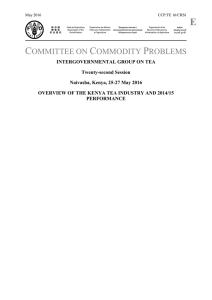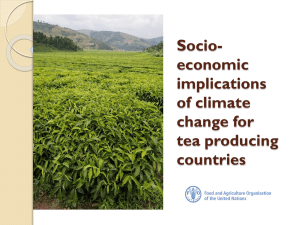Document 14924785
advertisement
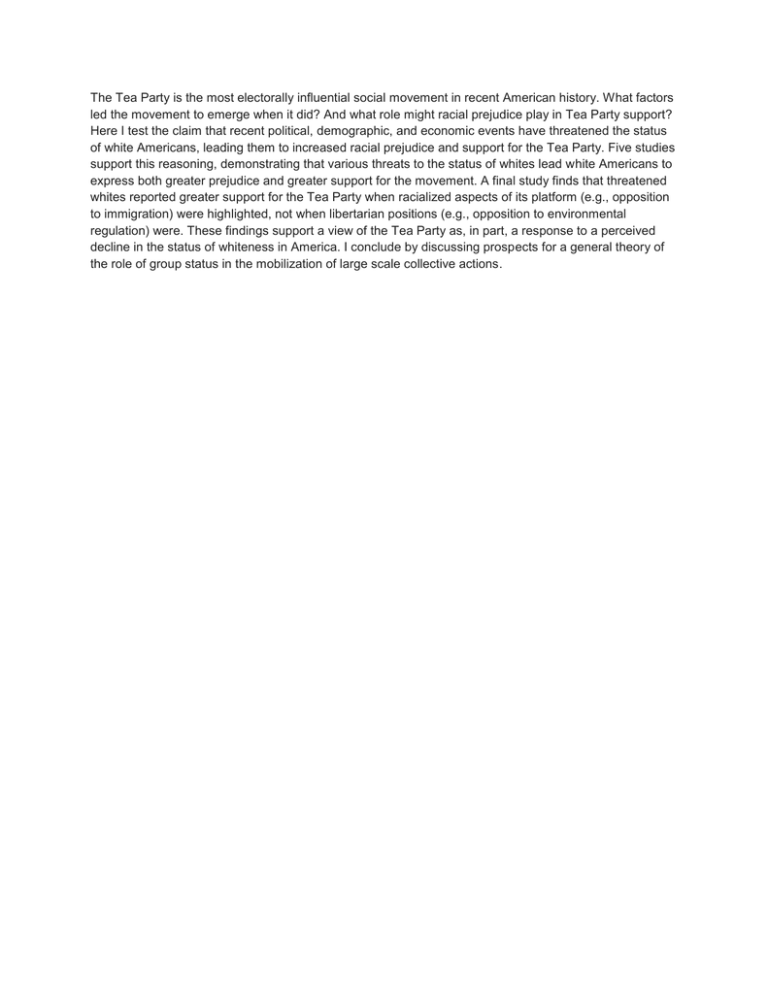
The Tea Party is the most electorally influential social movement in recent American history. What factors led the movement to emerge when it did? And what role might racial prejudice play in Tea Party support? Here I test the claim that recent political, demographic, and economic events have threatened the status of white Americans, leading them to increased racial prejudice and support for the Tea Party. Five studies support this reasoning, demonstrating that various threats to the status of whites lead white Americans to express both greater prejudice and greater support for the movement. A final study finds that threatened whites reported greater support for the Tea Party when racialized aspects of its platform (e.g., opposition to immigration) were highlighted, not when libertarian positions (e.g., opposition to environmental regulation) were. These findings support a view of the Tea Party as, in part, a response to a perceived decline in the status of whiteness in America. I conclude by discussing prospects for a general theory of the role of group status in the mobilization of large scale collective actions.

